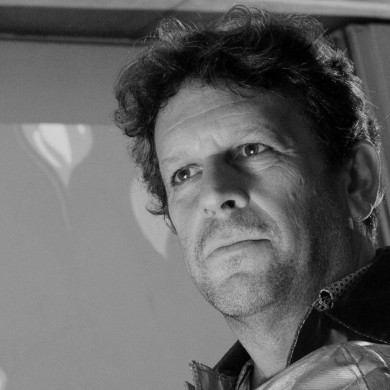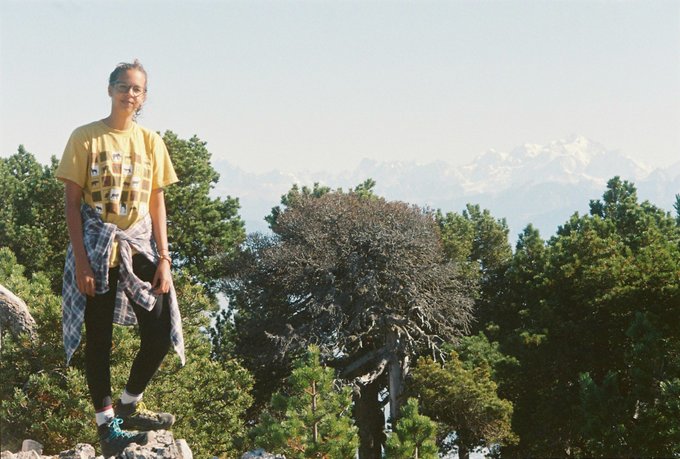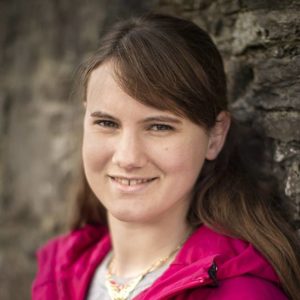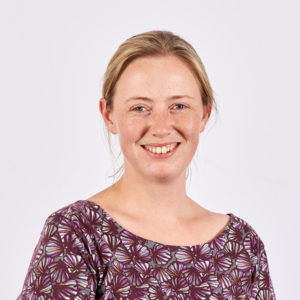Professor Tamsin Mather, COMET Scientist and Professor of Earth Sciences at the University of Oxford, is amongst the distinguished group of scientists who have been elected Fellows of the Royal Society this year. This highly prestigious title is awarded to scientists who have made an exceptional and important contribution to science.
Professor Mather’s work is certainly deserving of this honour, as she has produced significant advances in the understanding of volcanoes and volcanic behaviour. Working across different areas of expertise, her research includes the study of atmospheric chemistry of volcanic plumes, magma movement and the flow of fluids under and through volcanic areas, volcanic deformation, and past eruptive behaviour. The drive behind these varied investigations is to understand volcanoes as a natural hazard, but also as key resources (e.g., geothermal power) and as an important planetary process that contributes to maintaining the environment and driving change. Professor Mather’s contributions to the field include the discovery that volcanic vents perform nitrogen fixation, which may have been crucial during the early evolution of life on Earth, and the potential of the element mercury as a tracer for past large-scale volcanism, with widespread environmental impacts.
The many honours bestowed on Professor Mather for her important contributions to the field include the Royal Society Rosalind Franklin Award (2018) and Geochemistry Fellowship of the Geochemical Society and the European Association of Geochemistry (2022), which is bestowed upon outstanding scientists who have made a major, long-term contribution to the field of geochemistry. She is also a Fellow of The Alan Turing Institute for Data Science and AI (2021) and was elected to Academia Europaea in 2021.
Professor Mather’s contributions to science extend beyond her research, including science communication, advocacy, and working to increase diversity and inclusion in the sciences. If you want to hear or read more about her work and experiences, her book, Adventures in Volcanoland, was published in April 2024 and combines exciting scientific discoveries with personal stories, or you could listen to ‘Supervolcanoes’ on the BBC’s Infinite Monkey Cage podcast: https://www.bbc.co.uk/programmes/m001ng4w
Sir Adrian Smith, President of the Royal Society, commented on the list of awards this year:
“I am pleased to welcome such an outstanding group into the Fellowship of the Royal Society. This new cohort have already made significant contributions to our understanding of the world around us and continue to push the boundaries of possibility in academic research and industry. From visualising the sharp rise in global temperatures since the industrial revolution to leading the response to the Covid-19 pandemic, their diverse range of expertise is furthering human understanding and helping to address some of our greatest challenges. It is an honour to have them join the Fellowship.”
COMET would like to offer warm congratulations to Professor Mather on receiving her Fellowship of the Royal Society!







